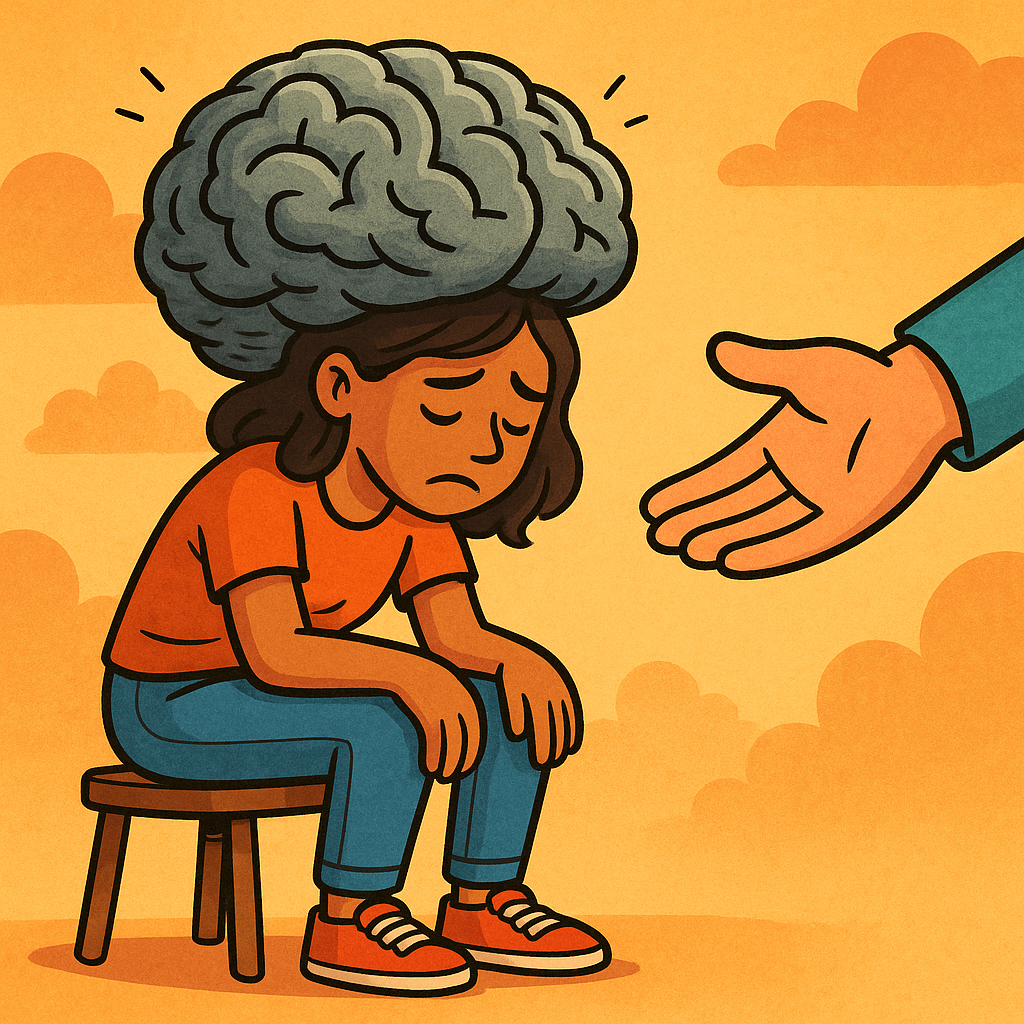Mental weight—often called mental load—is that persistent background hum of planning, remembering, driving decisions. It can silently erode energy and joy. In this article, you’ll learn what mental weight feels like and actionable ways to lift it using expert-backed methods and emerging trends.

What Is Mental Weight?
“Mental weight” refers to the invisible burden of managing daily life—scheduling, remembering, organizing, anticipating emotional needs—which drains cognitive and emotional energy over time. It is cognitive labor coupled with emotional effort, making it uniquely taxing.
A Gendered Burden
Recent studies show clustering around gender: mothers handle about 71% of household mental tasks—meal planning, doctor appointments, calendars—compared to fathers at ~45%. Sociologists emphasize that this burden is invisible, boundaryless, and enduring.
How Mental Weight Affects Health & Performance
- Stress & burnout: Constant mental juggling triggers anxiety and distress.
- Decision fatigue: Each forgotten task or minor choice depletes willpower, leaving fewer resources for critical thinking.
- Emotional burnout: Hidden emotional labor—“keeping peace,” soothing others—adds up, especially in relationships.
How to Lighten Mental Weight: 5 Science-Backed Strategies
1. Offload with External Tools
Write everything down—grocery lists, dentist appointments, bill dates. Externalizing thoughts frees up mental space and reduces stress .
2. Divide & Conquer Shared Loads
Review your mental task list with your partner or housemates. Reassign responsibilities fully (not just “make dinner”—include “plan, shop, cook”).
3. Adopt Mindfulness-Based Stress Reduction (MBSR)
This eight-week program (meditation, yoga, body scan) is shown to reduce rumination and improve emotional regulation.
4. Use Relaxation Techniques Regularly
Deep breathing, progressive muscle relaxation (PMR), or guided imagery calm both body and mind—proven to reduce stress markers and tension.
5. Build Routines to Conserve Cognitive Energy
Restructure daily habits to automate routine decisions—e.g. fixed breakfast menu, wardrobe plan, fixed chore schedule. This combats decision fatigue.
Emerging Trend: “Mankeeping” & Emotional Overload
A new term—mankeeping—refers to the burden women take on managing their male partners’ emotional needs. Stanford researchers find this adds significantly to mental weight. Trending advice: shared emotional responsibilities must be openly negotiated to prevent burnout.
Trend Spotlight: Mental Load Swap Experiment
A recent Guardian feature details a couple swapping mental loads for a week, providing insights into hidden complexities. Both partners gained valuable empathy and realized mutual support must be intentional.
Quick Daily Routine to Lighten Mental Weight
| Step | Action | Purpose |
|---|---|---|
| Morning | 5-min planning & journaling | Externalizes tasks & reduces mental chatter |
| Afternoon | Deep-breathing session | Reset halfway through the day |
| Evening | Review next day’s tasks | Set priorities outside your head |
| Weekly | Shared schedule with partner | Divides tasks and balances emotional labor |
When to Seek Help
- Persistent anxiety or overwhelm
- Relationship strain due to unequal mental labor
- Physical symptoms like insomnia, headaches, or tension
Consider: therapist support, couples coaching, or time-management professionals.
Key Takeaways
- Mental weight = invisible, daily chores + emotional labor
- Impacts stress levels, cognitive ability, and relationships
- Best defenses: external tools, sharing responsibilities, mindfulness, relaxation, routines
- New trends like mankeeping and mental-load swaps are empowering conversations around balance
References
UCLA Health. (2024). Mental load: What it is and how to manage it. Retrieved from https://www.uclahealth.org/news/article/mental-load-what-it-and-how-manage-it
Barigozzi, F., Biroli, P., Monfardini, C., Montinari, N., Pisanelli, E., & Vitellozzi, S. (2025). Beyond Time: Unveiling the Invisible Burden of Mental Load [preprint]. arXiv. Retrieved from https://arxiv.org
Brosschot, J. F., Pieper, S., & Thayer, J. F. (2010). Perseverative cognition: prolonging the stress response and its health consequences. Journal of Psychosomatic Research, 60(1), 117–124. Retrieved from https://en.wikipedia.org






